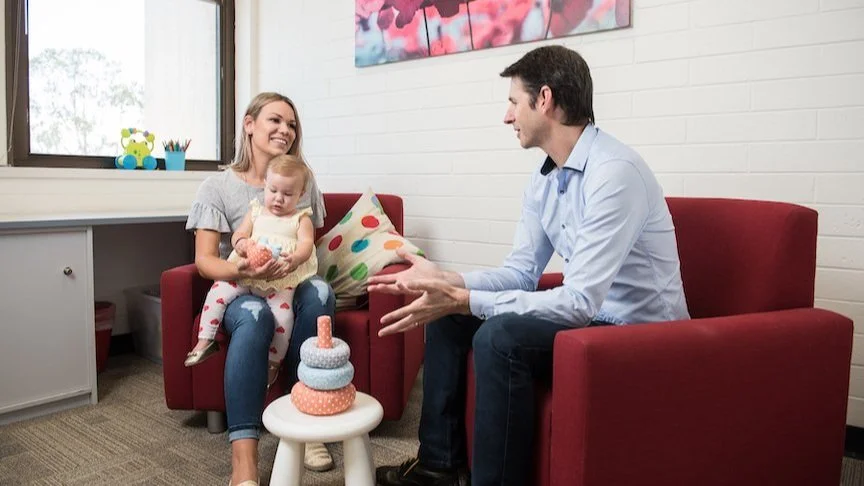Michael Gradisar
How long have you been treating sleep problems?
Since 2001. I started my training with adults experiencing insomnia or circadian rhythm disorders, and then started the Child & Adolescent Sleep Clinic at Flinders Uni in 2006.
Do you or your group have any data about your success rate?
Yes. Because we believe in evaluating your performance, many of our clients over the years were simultaneously involved in our clinical trials. We did around 10 of these, with hundreds of people of different ages. We also ran interventions in schools over the years. All these trials are publicly available.
Do you treat any other types of issues?
My main focus is on sleep. But because I used to teach clinical psychology, and because sleep is related to so many issues (eg, anxiety, behaviour, substance use) I can also address these too.
How long does it usually take you to treat sleep problems?
Typically around 4-6 sessions. The best case scenario has been a couple of weeks, but other issues have been over many months.
Roughly what percentage of people need to come back for a booster session?
Sleep is the ‘canary in the mine’. When something goes wrong in life, your sleep can
be the first to suffer. So we have had people come back when faced with a new
stressor, or different type of sleep issue. But I’d estimate <5% come back.
What was the hardest sleep problem you fixed (without giving too much details?
Probably the toughest issues to treat are either sleep issues related to Chronic Fatigue, as well as what we call Non24 – which is an extreme circadian rhythm disorder where someone falls asleep a couple of hours later each day, and sometimes stays awake for over 1 day now and then.
What was your PhD topic?
Sleep, thermoregulation, circadian rhythms, insomnia, and the sleep onset process.
Have you done any presentations about sleep or spoken to the media? (send pics if possible!)
Over the years – plenty. Too many to count.
How did you become interested in sleep?
In my undergraduate psychology course I used to love going to the sleep lectures that were taken by Dr Leon Lack. He’s such a great story teller. I ended up working in his lab, doing a PhD under his supervision, and learned CBT for insomnia and bright light therapy in his clinic.
What’s in your typical bedtime routine?
It usually involves dimming the lights, watching a TV show or movie in bed with my
wife. When we feel sleepy between 10 to 10:30 PM, we brush our teeth, say goodnight to our boys, and hit the pillow.
What’s your ultimate sleep goal?
To undo the misinformation about sleep being spread around the world. Hopefully, with enough excellent young sleep researchers coming up through the ranks, we’ll get this sorted for the next generation.


